The odds of a global recession taking hold in the next 20 months are now better than 50 percent, The Lindsey Group’s Peter Boockvar said Tuesday.
“Central banks have guaranteed a messy outcome from the reversal of policy,” the chief market analyst told CNBC’s “Squawk on the Street.” “There’s going to be a recession when central bank policy reverses. It’s inevitable.”
In Europe and Japan, central banks are in the midst of bond-buying programs aimed at propping up their economies, while the U.S. Federal Reserve has held its benchmark interest rates for short-term borrowing near zero since December 2008.
The Fed should raise its fed funds rates when it meets this week, or else the impacts will only get worse the longer it waits, Boockvar said.
He expects the Federal Open Market Committee will do just that, and will soothe markets with dovish language that assures investors the pace of increases will be gradual. The short-term impact, he said, will not be much different than doing nothing.
On the other hand, by not taking any action, the Fed would be telling markets there will be a time in the future better suited for monetary policy tightening, and the fact is there is no good time, Boockvar said.
Investors should view a recession as a “healthy cleansing” that sets up the economy for a better recovery, rather than something to avoid at all costs, he added.
Michael Hanson, senior U.S. economist at Bank of America Merrill Lynch Global Research, said he too expects the Fed to announce a rate rise Thursday. He believes a market selloff is primarily a short-term risk.
“The question is, as we go further out, is this going to be a much more sustained hit to market psychology because the Fed has hiked?” he asked in a “Squawk on the Street” interview. “I’m not so concerned that that’s the likely outcome at this point.”
Dan Greenhaus, chief global strategist at BTIG, said investors awaiting a chance to buy stocks after they presumably dip on the central bank’s announcement are missing an opportunity presented by the recent stock market selloff.
“If you agree … that the bull market does not end with the first rate hike, and you think higher equity prices await us in the future, then the investment opportunity has already been presented to you,” he told “Squawk on the Street.” “The only question is how much further do equities have to run before the inevitable cycle runs its course?”
Greenhaus said he no longer expects the Fed to announce a change in policy Thursday because markets are not expecting that outcome following the selloff. He said central bankers do not want their first rate hike in more than nine years to be a surprise.
